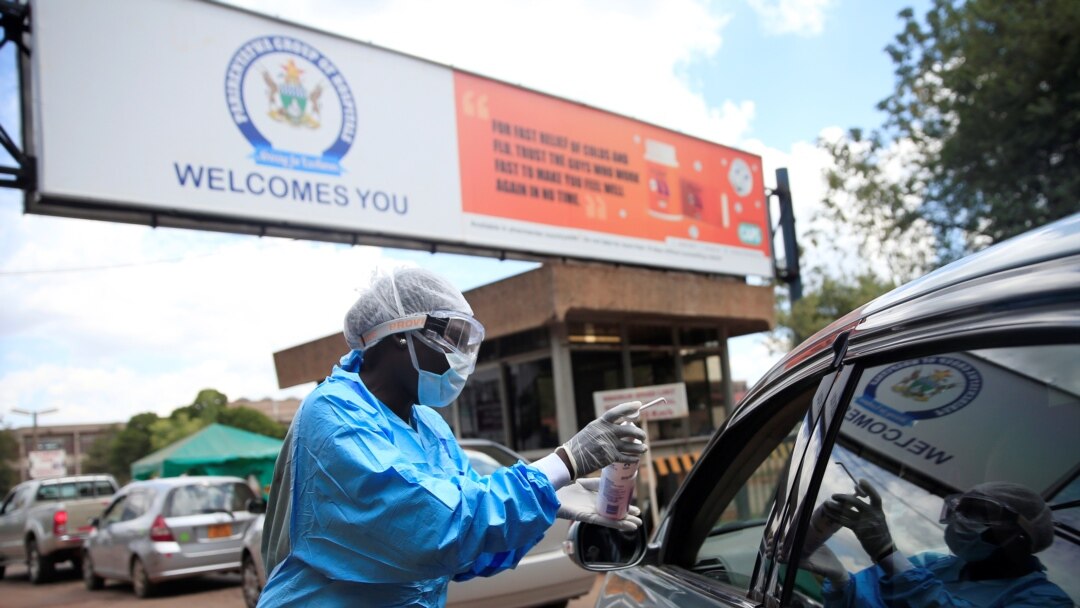New Delhi: An international team of scientists has shown that a protein isolated from bananas can work against viruses that cause AIDS, Hepatitis C and influenza, potentially opening the doors for a broad-spectrum anti-viral agent.
The research published in the journal Cell focuses on banana lectin, or BanLec, a protein that scientists in 2010 proved fights off the AIDS virus, but also causes side-effects such as irritation and inflammation.

The team of scientists has now generated a new version of BanLec called H84T that works without causing the side-effects. The protein has been tested on mice.
“What we’ve done is exciting because there is potential for BanLec to develop into a broad spectrum anti-viral agent, something that is not clinically available to physicians and patients right now,” said co-senior author David Markovitz, professor of internal medicine at the University of Michigan Medical School.
“But it’s also exciting to have created it by engineering a lectin molecule for the first time, by understanding and then targeting the structure,” he said in a university press release.
Twenty-six scientists were on the team funded by the US and the European governments. Over the years, the scientists worked on understanding how BanLec links up with the virus as well as to sugar molecules on the outside of cells and how it causes side effects in the body by alerting the immune system.
The results led them to change the gene so that the BanLec molecule would not cause inflammatory reactions in the body.
Although there are many years before this form of treatment can be tested on humans, the researchers of this study are looking to tackle the lack of anti-viral drugs that work against many viruses or against viruses that change rapidly, such as influenza.
“Better flu treatments are desperately needed. Tamiflu is only modestly effective, especially in critically ill patients, and influenza can develop resistance to it,” said Markovitz.
“But we also hope that BanLec could become useful in situations such as emergency pandemic response, and military settings, where the precise cause of an infection is unknown but a viral cause is suspected,” he added.







1 Comment